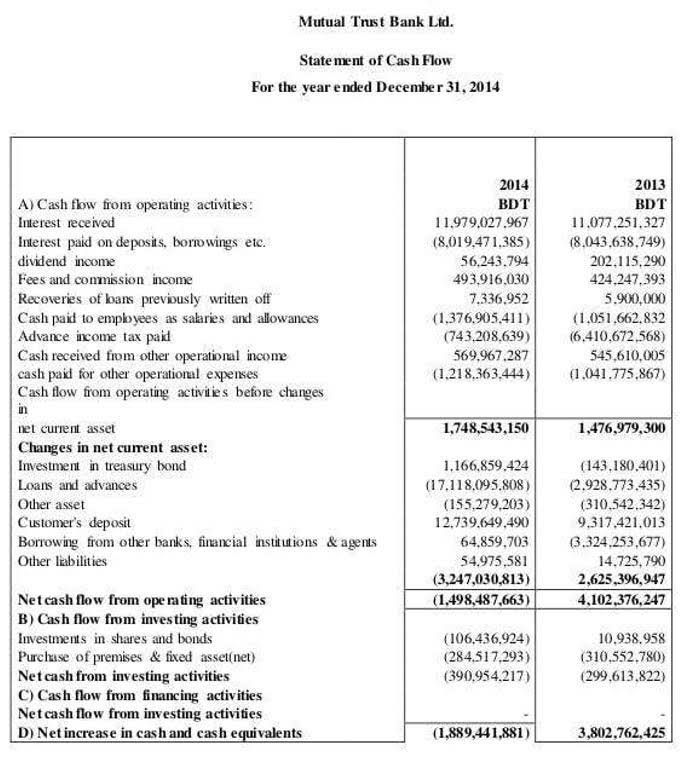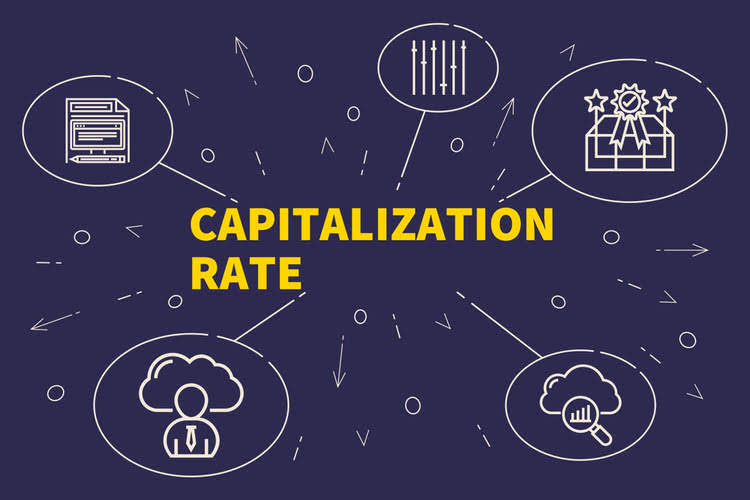
Through construction-in-progress accounting, also known as CIP accounting, one can keep track of all expenditures involved throughout a construction project. Once the asset is fully executed, the construction in progress account will be credited, and the debit will be transferred to the property, plant, and equipment. Below, we’ll show you an example of what the recording may look like for a company. With construction companies quickly evolving, there are more categories and accounts to consider, creating unique challenges for this industry. Among them, learning how to record construction in progress accounting stands out.
What Accounting Method Do Construction Companies Use?

It involves assigning expenses incurred during a construction project to the appropriate asset account systematically and accurately. In this comprehensive guide, we have explored the definition of CIP, its purpose, and the accounting treatment involved. We have also provided examples to illustrate its application in real-world scenarios. By capitalizing costs in progress, businesses can reflect the true value of ongoing projects, cip accounting assess project feasibility, and ensure compliance with tax laws and regulations. Construction Work-in-Progress is a noncurrent asset account in which the costs of constructing long-term, fixed assets are recorded. The account Construction Work-in-Progress will have a debit balance and will be reported on the balance sheet as part of a company’s noncurrent or long-term asset section entitled Property, plant and equipment.
Preparing for the Unexpected: Building a Robust Insurance Strategy for Your Business
This account is only used while an asset is being constructed, after which the total cost is shifted to another fixed asset account. This account typically contains the costs of labor, materials, and overhead incurred during a construction project. Some countries or tax jurisdictions may allow businesses to claim tax deductions or benefits related to the costs incurred during the construction or development phase.
What Does Construction in Progress Mean in Accounting Terms?
In the company’s balance sheet, construction in progress is most commonly found under the head of PP & E( Plant, Property & Equipment). Imagine a real estate development company embarking on a project to construct a commercial building. During the construction phase, the company incurs various costs, including materials, labor, permits, and architectural fees.

Instead of expensing these costs immediately, they are recorded as CIP on the balance sheet. It’s important to note that once a project is completed or put into service, the costs recorded under CIP are transferred to a specific asset account, such as Property, Plant, and Equipment or Inventory. This transfer is typically done through journal entries and reflects the conversion of the CIP into a tangible asset that can be depreciated or sold. The first step in construction in progress accounting is to record all expenses related to the construction project. This includes the cost of materials, labor, equipment, and any overhead expenses.
- Before we dive into the details, it’s important to note that accounting terminology can sometimes be complex and confusing.
- These costs include direct expenses, such as materials, labor, and equipment, as well as indirect costs, such as permits, licenses, and supervision fees.
- Construction Work-in-Progress is a noncurrent asset account in which the costs of constructing long-term, fixed assets are recorded.
- It’s a method a construction company uses to record and report financial transactions and progress from beginning to end.
- Under the IAS 11.8, if a construction contract relates to building two or more assets, each asset will be treated as a separate contract if specific conditions are fulfilled.
- As the software development progresses, the company continues to accumulate costs and updates the CIP account accordingly.
Efforts Expended Method
For a construction firm that makes a contract to sell fixed assets, the objective is the same. However, it is important to consider the potential drawbacks of capitalizing assets in progress. Delayed recognition of expenses, increased complexity in accounting, potential impacts on cash flows, and the requirement for depreciation and impairment calculations must all be carefully managed and considered.

What to Know About Construction in Progress Accounting
- Don’t miss out on the latest construction industry news and subcontractor guides.
- As the construction progresses, the company continues to accumulate costs and updates the CIP account accordingly.
- Unlike other businesses, construction companies have to manage other anomalies like job costing, retention, progress billings, change orders, and customer deposits.
- When costs are incurred during the construction or development phase of a project, they are initially recorded as CIP on the balance sheet.
- They should NOT be stored in the CIP account; otherwise, there is a considerable risk that expensable items will not actually be charged off for some time.
Construction accounting is not just tracking accounts payable, receivable, and payroll. Unlike other businesses, construction companies have to manage other anomalies like job costing, retention, progress billings, change orders, and customer deposits. These extras make CIP or construction in progress accounting relatively more complicated than regular business accounting.
The construction work in progress account is a prime target of auditors, since costs may be stored here longer than they should be, thereby avoiding depreciation until a later period. When construction on the project completes, and the asset is placed in service, the CIP account is shifted to related fixed-asset accounts. Keeping accurate and up-to-date construction-in-progress accounts https://www.bookstime.com/ is also important because they tend to be the target of auditors. This is because, as stated previously, some companies may store costs in the account longer than they should to avoid depreciation and to misrepresent profits. There are several key accounting practices that construction companies and contractors should understand when working with a construction CPA firm.